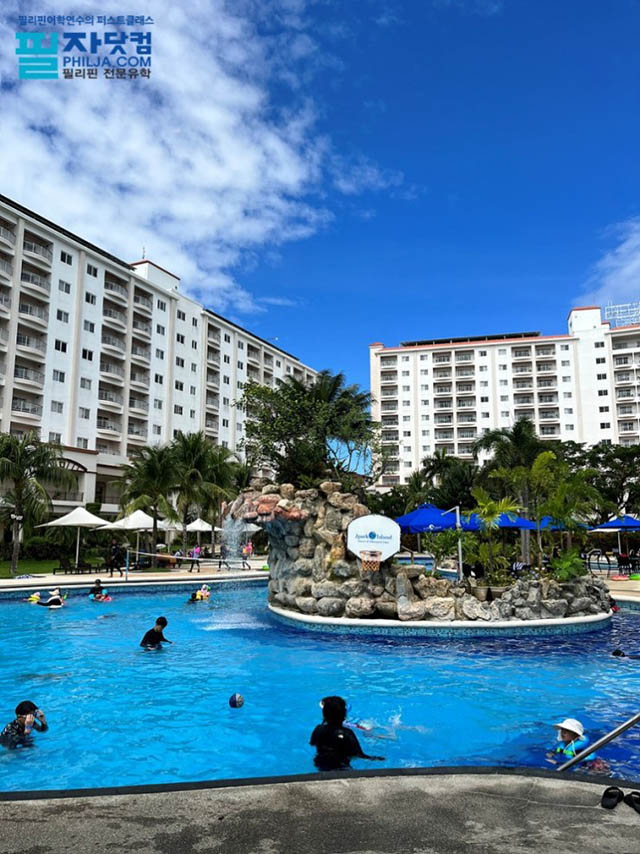
-
МјРЇСІИёСЖШИМі
-
 gabi АЁКё(night РњГс) gusto БИНКЖЧ(want ПјЧЯДй) buk
gabi АЁКё(night РњГс) gusto БИНКЖЧ(want ПјЧЯДй) buk 9,152
9,152 -
 ЕћАЅ
ЕћАЅ 9,123
9,123 -
 Some phrases in Cebuano using pronouns translated into
Some phrases in Cebuano using pronouns translated into 9,093
9,093 -
 How long in Tagalog8,950
How long in Tagalog8,950 -
 School Supplies in Tagalog8,707
School Supplies in Tagalog8,707 -
 Poem : How do I love thee? ( Gaano kita Iniibig?)8,695
Poem : How do I love thee? ( Gaano kita Iniibig?)8,695 -
 Paru-Parung Bukid song8,448
Paru-Parung Bukid song8,448 -
 KAHIT SAAN- WHEREVER8,345
KAHIT SAAN- WHEREVER8,345 -
 Names of Different kind of Clothing translated from Ceb8,094
Names of Different kind of Clothing translated from Ceb8,094 -
 \"Ako ay Plipino\" Song in translated in English versi8,042
\"Ako ay Plipino\" Song in translated in English versi8,042
Useful Expressions in Tagalog
Although majority of the Filipinos youЁЏd meet when you travel to the Philippines are fluent in English, it wouldnЁЏt
hurt to try learning several expressions in Tagalog that would sure to be useful when you go shopping or use
public vehicles to go and fro different parts of the country.
ЁАMagkano po ito?ЁБ – This basically means ЁАhow muchЁБ in English. The ЁАpoЁБ is a word thatЁЏs used to show
respect and which is added usually in the end of a sentence but may also be placed in the middle, as you
can very well see in the example.
Filipinos are always delighted whenever they get to meet a tourist whoЁЏs good enough to make an effort to learn
their native language. Practice saying this phrase so you can impress Filipino vendors. Who knows, they might
give you a large discount on your purchases in return?
ЁАPaano po pumunta ng (your destination)?ЁБ – If you want to ask for directions on how to get to your destination,
this is the phrase to remember and use. ItЁЏs quite easy to find yourself lost in the streets of Manila with all its
twists and turns so never hesitate to ask for directions if you feel youЁЏre already lost.
ЁАSalamat po!ЁБ – That translates to ЁАthank youЁБ in English. Filipinos are quite polite and they put a lot of
importance in exchanging greetings. If you want to feel right at home when you travel to the Philippines,
practice saying ЁАthank youЁБ whenever someone provides you help or any form of service.
You may also try using the following greetings: ЁАmagandang umagaЁБ (good morning), ЁАmagandang haponЁБ
(good afternoon), ЁАmagandang gabiЁБ (good evening), ЁАkamusta po kayo?ЁБ (how are you), ЁАwalang anuman
poЁБ (welcome) and ЁАpaumanhin poЁБ (sorry).
ЁАPaki ___ЁБ – Paki is the Filipino word for ЁАpleaseЁБ and you may use it in the beginning of the sentence when you want to request for something to be done.
ЁАPaki bagalan po ang pagsalita ninyoЁБ – This phrase is used when you want someone to speak more slowly.
ЁАHindi po ako marunong mag-Filipino. Pwede niyo po ba sabihin iyon sa English?ЁБ – Quite a mouthful, isnЁЏt it?
But this is the most important phrase that you have to learn when you travel to the Philippines. Simply put, it
means that youЁЏre not fluent in Filipino so you would appreciate it if they speak to you in English.
Remember though, when youЁЏre in doubt and you find it impossible to get your point across, simply approach
the nearest policeman and ask for help. TheyЁЏre sure to understand English and solve your problems in no time!
- ЁЄfYGbJbhcBF

- ЁЄfYGbJbhcBF

- ЁЄfYGbJbhcBF

- ЁЄfYGbJbhcBF

- ЁЄfYGbJbhcBF

- ЁЄfYGbJbhcBF

- ЁЄfYGbJbhcBF

- ЁЄfYGbJbhcBF

- ЁЄfYGbJbhcBF

- ЁЄfYGbJbhcBF

- ЁЄfYGbJbhcBF

- ЁЄfYGbJbhcBF

- ЁЄfYGbJbhcBF

- ЁЄfYGbJbhcBF

- ЁЄfYGbJbhcBF




- ЁЄKEVfKqeZoG

- ЁЄKEVfKqeZoG

- ЁЄKEVfKqeZoG

- ЁЄKEVfKqeZoG

- ЁЄKEVfKqeZoG

- ЁЄKEVfKqeZoG

- ЁЄKEVfKqeZoG

- ЁЄKEVfKqeZoG

- ЁЄKEVfKqeZoG

- ЁЄKEVfKqeZoG

- ЁЄKEVfKqeZoG

- ЁЄKEVfKqeZoG

- ЁЄKEVfKqeZoG

- ЁЄKEVfKqeZoG

- ЁЄKEVfKqeZoG




- ЁЄqpvwYmzPrC

- ЁЄqpvwYmzPrC

- ЁЄqpvwYmzPrC

- ЁЄqpvwYmzPrC

- ЁЄqpvwYmzPrC

- ЁЄqpvwYmzPrC

- ЁЄqpvwYmzPrC

- ЁЄqpvwYmzPrC

- ЁЄqpvwYmzPrC\'\"\\(

- ЁЄqpvwYmzPrCщ\'\"\\(

- ЁЄqpvwYmzPrC

- ЁЄqpvwYmzPrC

- ЁЄqpvwYmzPrC

- ЁЄqpvwYmzPrC

- ЁЄqpvwYmzPrC














 ЧЪРкДхФФ ОпАЃЛѓДу ПРЧТ
ЧЪРкДхФФ ОпАЃЛѓДу ПРЧТ 11ГтПЌМг МвКёРкИИСЗ 1РЇ
11ГтПЌМг МвКёРкИИСЗ 1РЇ
 ГЛАд ИТДТ ОюЧаПј УЃБт
ГЛАд ИТДТ ОюЧаПј УЃБт
 ИЎОѓ ЧаБГ ЙцЙЎБт
ИЎОѓ ЧаБГ ЙцЙЎБт
 СжИЛПЁ ГЛАЁ ОЕ КёПыРК?
СжИЛПЁ ГЛАЁ ОЕ КёПыРК? УжАэАЁМККё РЬКЅЦЎ СёБтБт
УжАэАЁМККё РЬКЅЦЎ СёБтБт
 ЧіСіПЁМЕЕ ЧЪРкДхФФ!
ЧіСіПЁМЕЕ ЧЪРкДхФФ! ЧіСіПЁМ АЁДЩЧб
ЧіСіПЁМ АЁДЩЧб









 ЧЪРк ЦЏБо Ч§ХУ! ФСНУОюСі МКёНК
ЧЪРк ЦЏБо Ч§ХУ! ФСНУОюСі МКёНК



 АЁСЗПЌМіЗЮ ДйЧдАд ОзЦМКёЦМ
АЁСЗПЌМіЗЮ ДйЧдАд ОзЦМКёЦМ





























